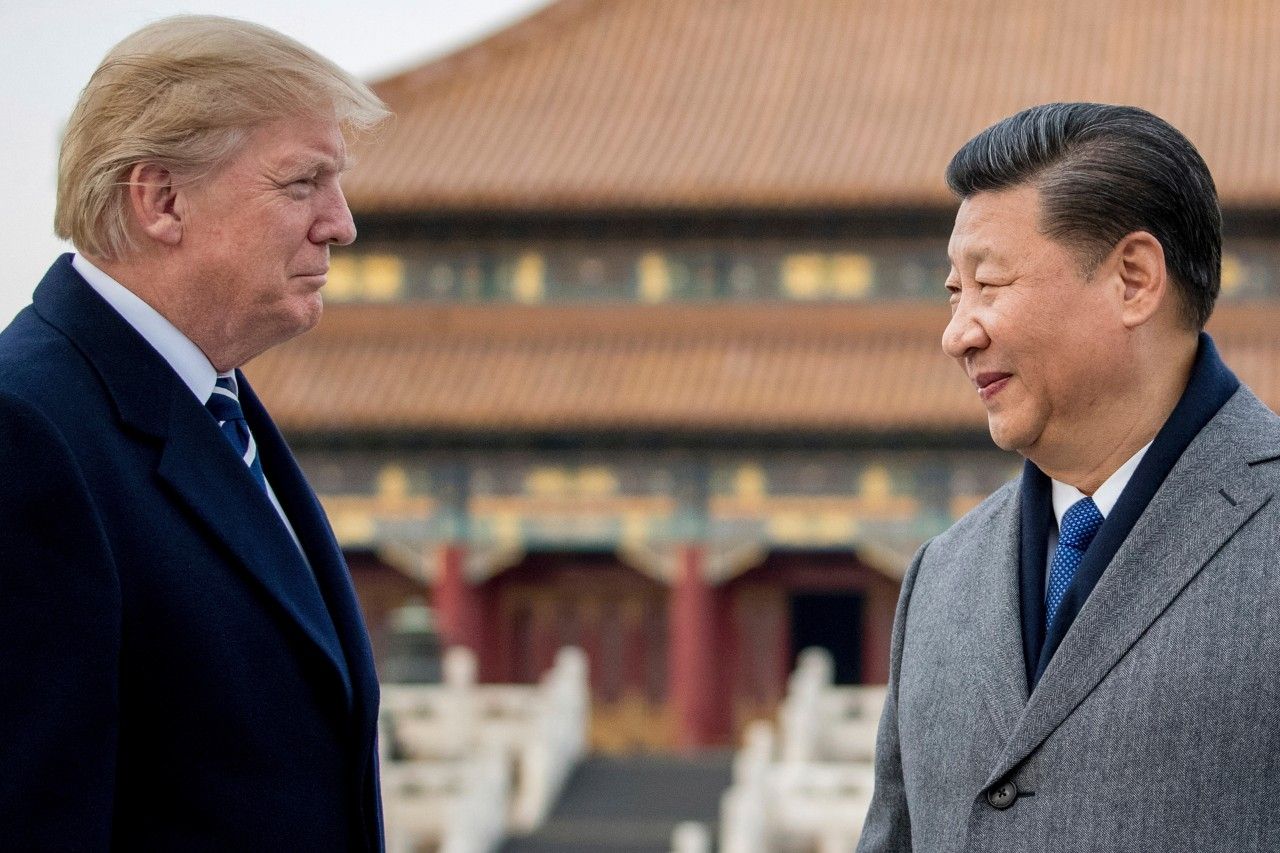
Wang Yi, Foreign Minister of the People's Republic of China
Dec 18, 2017
China's foreign policy has two overarching goals, namely, the fostering of a new form of international relations and the building of a community with a shared future for mankind.
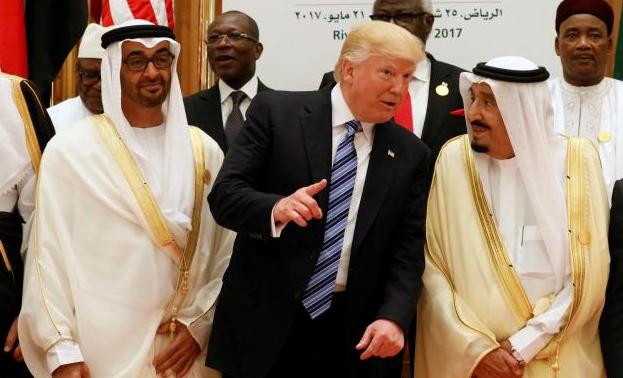
Wu Sike, Member on Foreign Affairs Committee, CPPCC
Dec 18, 2017
America’s decision to move its embassy to Jerusalem is a reckless attempt to distract from its domestic problems.
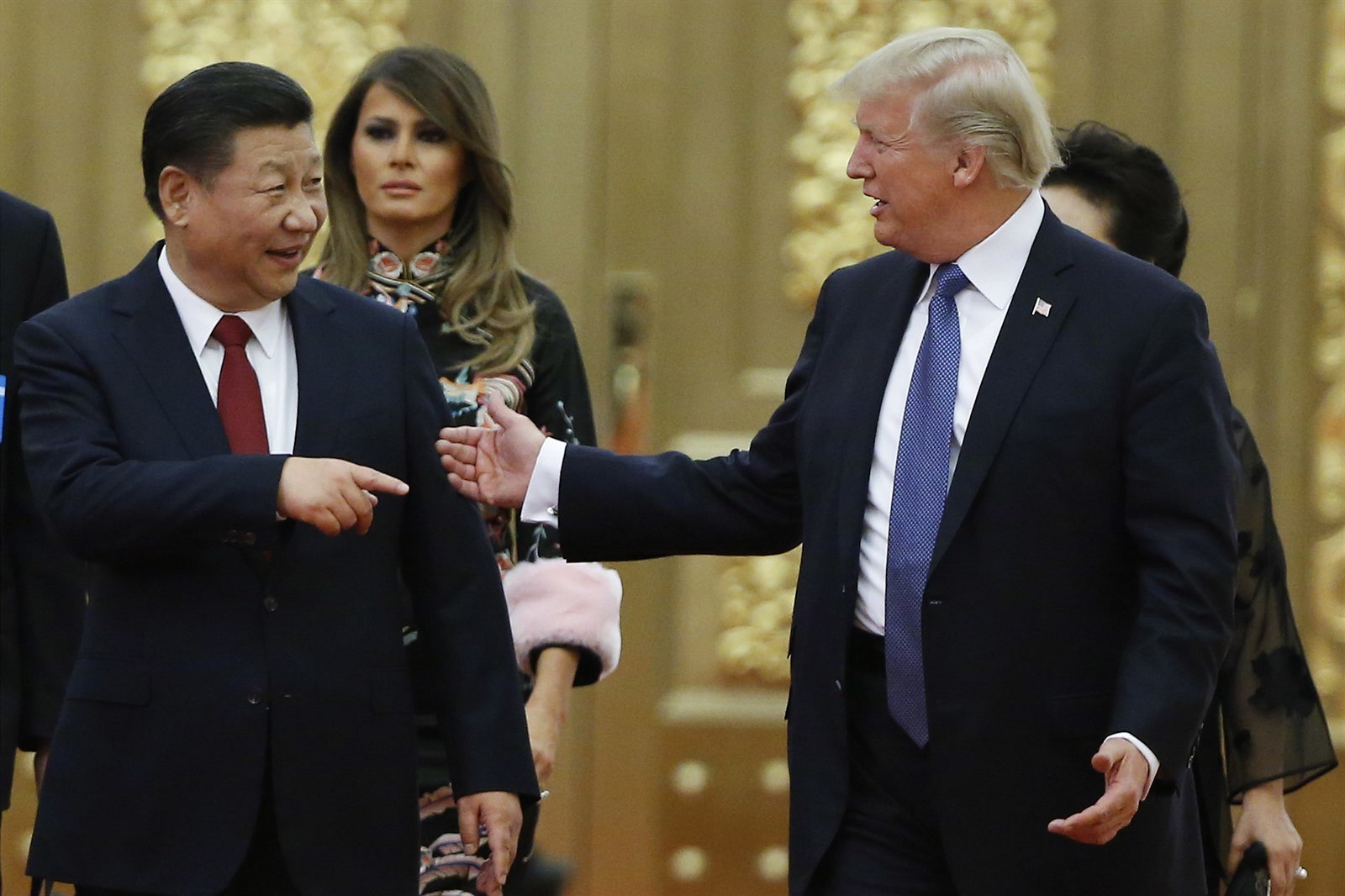
Wang Fan, Vice President, China Foreign Affairs University
Dec 14, 2017
China-US relations have gone through stages when they were threat-driven and interest-driven. They are likely to be increasingly security-driven in the future.
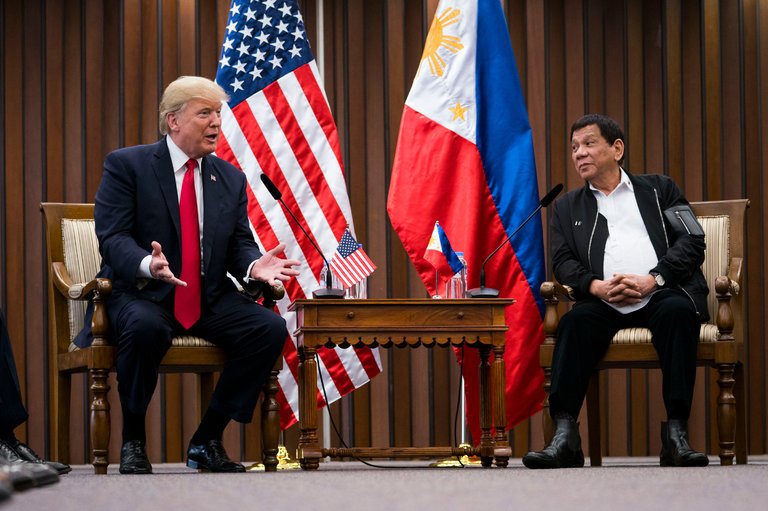
Ted Galen Carpenter, Senior Fellow, Randolph Bourne Institute
Dec 13, 2017
Worries proliferated during the 2016 U.S. presidential campaign that the election of Donald Trump would signal drastic changes in Washington’s foreign policy. Those fears proved mostly unfounded. However, Trump’s public affinity for several authoritarian regimes, regardless of their flagrant human rights abuses should concern all.
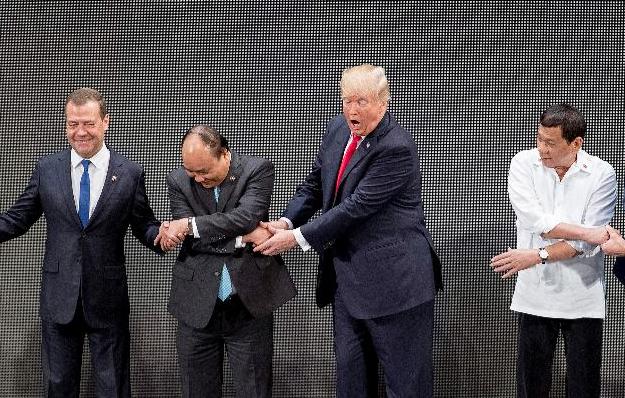
Yang Wenjing, Research Professor, Institute of American Studies, CICIR
Dec 11, 2017
Is Trump’s Asia policy really that different from his predecessors’?
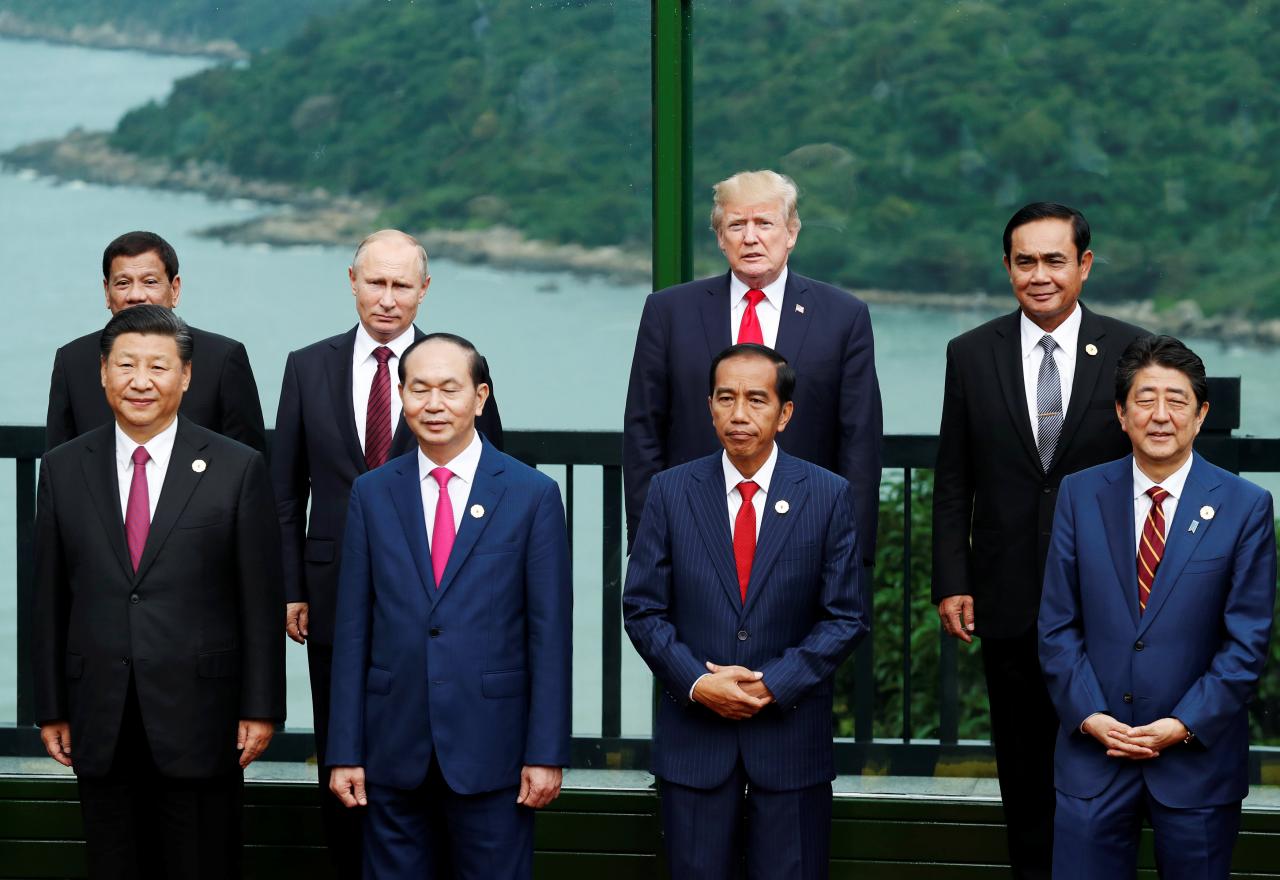
Sampson Oppedisano, Executive Assistant to the Dean, The Milano School of International Affairs, Management and Urban Policy
Dec 08, 2017
When a U.S. president goes on a tour of a region of the world, the goals can range from reassuring existing alliances, to encouraging the adoption of democratic values such as human rights, to working on building diplomatic relations and economic development. Not President Donald Trump.
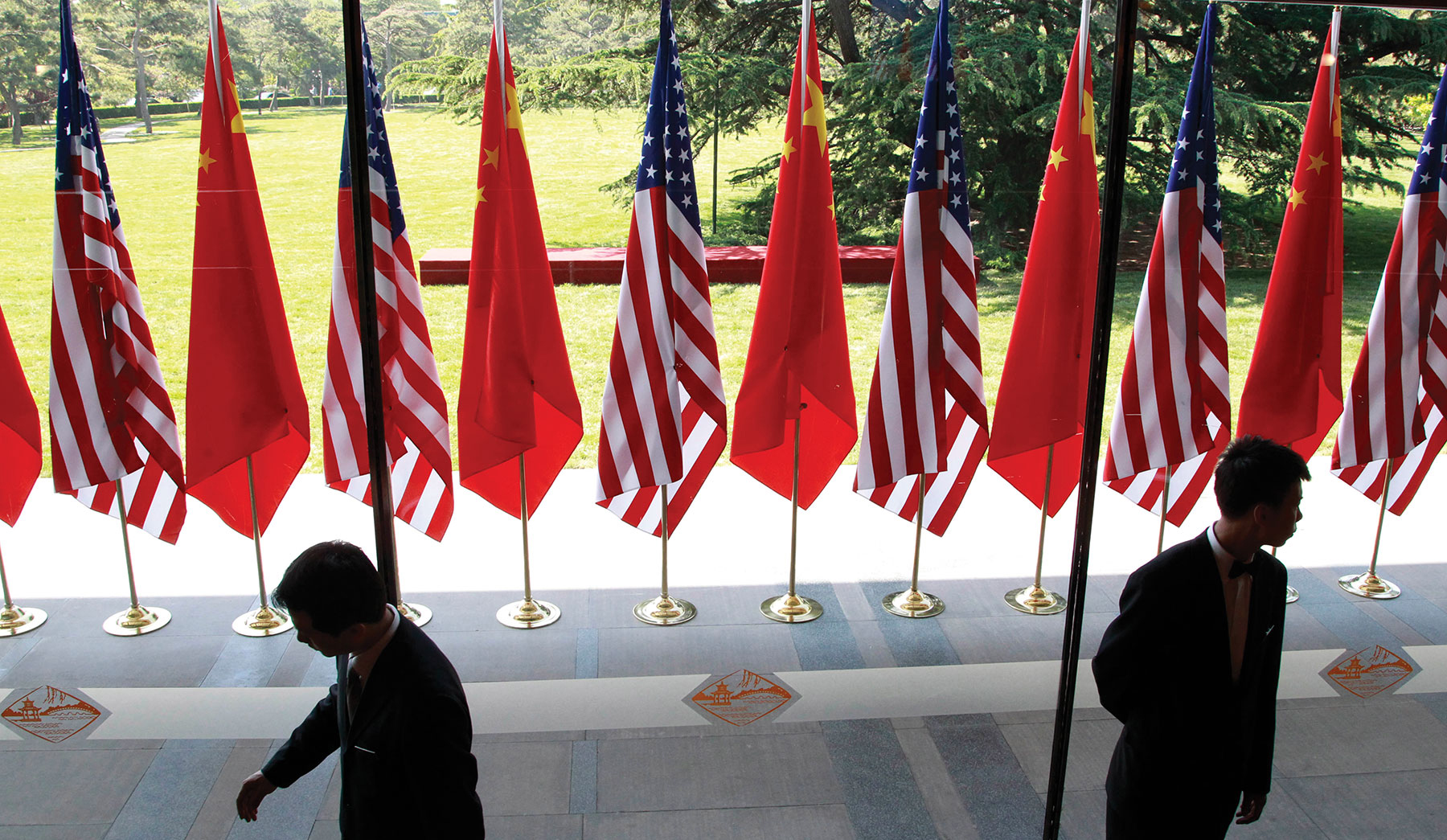
Yu Sui, Professor, China Center for Contemporary World Studies
Dec 06, 2017
China-US relations has entered a new stage that will benefit them both, if they stay on track.
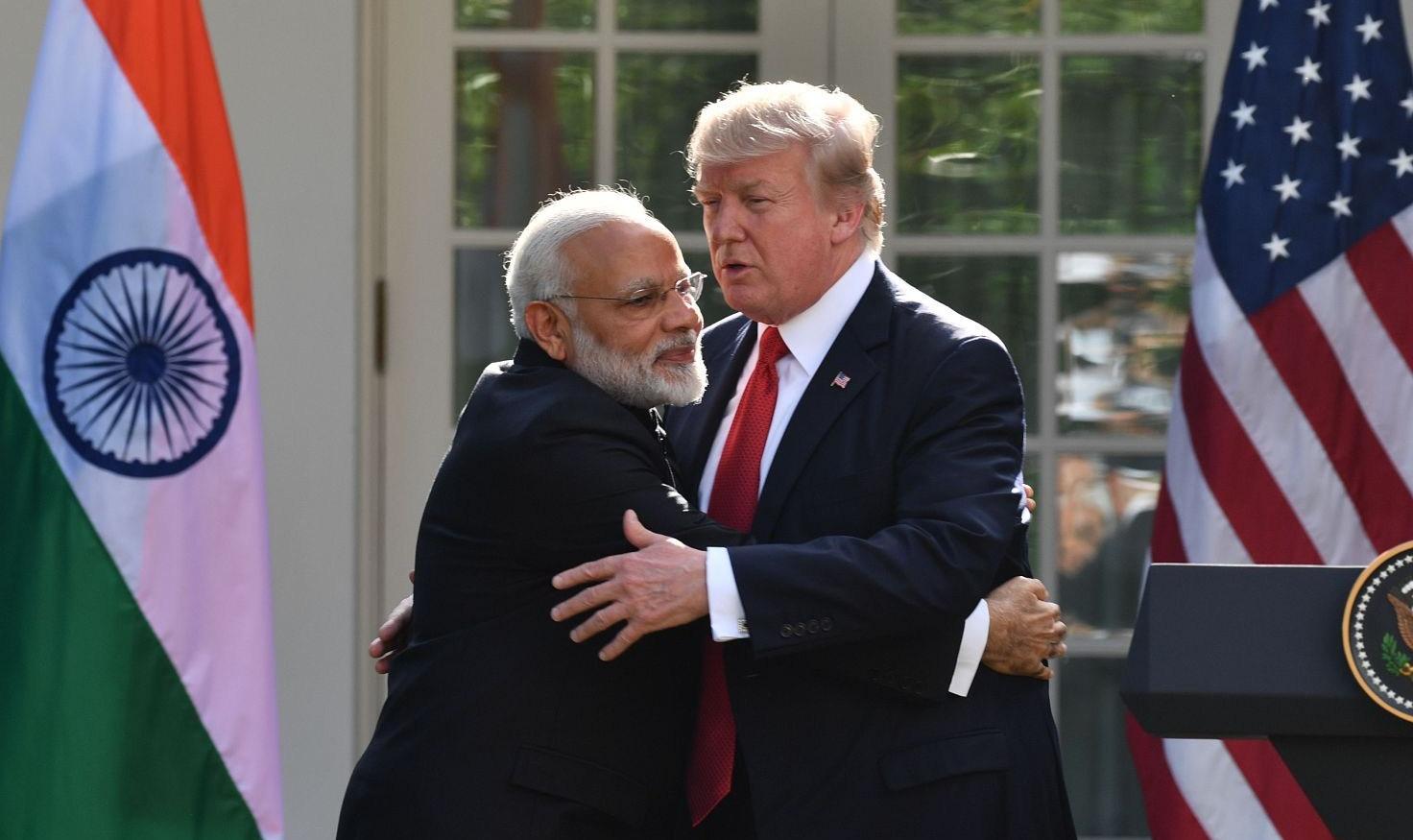
Zhou Bo, Senior Fellow, Center for International Security and Strategy, Tsinghua University
Dec 06, 2017
Trump has articulated a vision for the Indo-Pacific. Has he thought it through?
Dec 04, 2017
Since President Trump's election, we have seen a tumultuous trade relationship between the United States and China, complete with everything from bitter politics to extravagant flattery. This week, of course, was no different. Despite the recent high-point in the bilateral trade relationship.
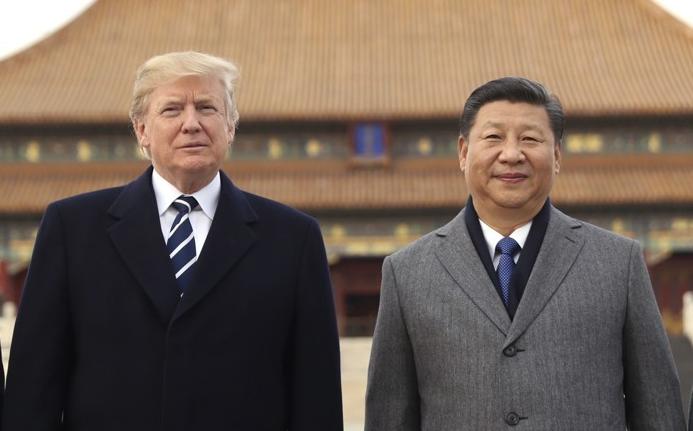
Lucio Blanco Pitlo III, President of Philippine Association for Chinese Studies, and Research Fellow at Asia-Pacific Pathways to Progress Foundation
Dec 01, 2017
The resurgence of China creates opportunities for partnership in delivering public goods and sharing the burden of maintaining the global economic and security order. However, China’s rise also brings challenges to traditional U.S. primacy and leadership, especially if such leadership cannot be shared.
Back to Top

- China-US Focus builds trust and understanding between the U.S. and China through open dialogue among thought leaders.
- Our Offerings
- Topics
- Videos
- Podcasts
- Columnists
- Research Reports
- Focus Digest
- Stay Connected
-
Thanks for signing up!
- Get the latest stories from China-US Focus weekly.